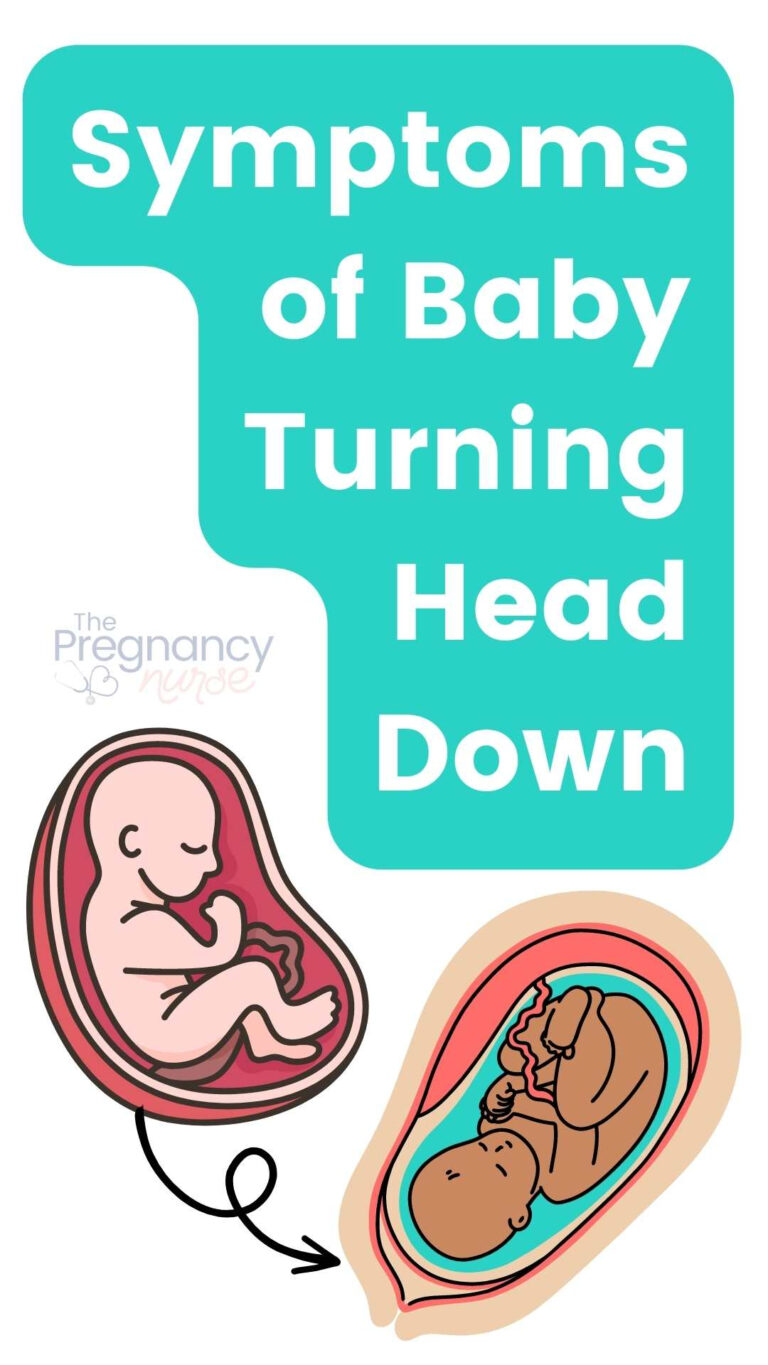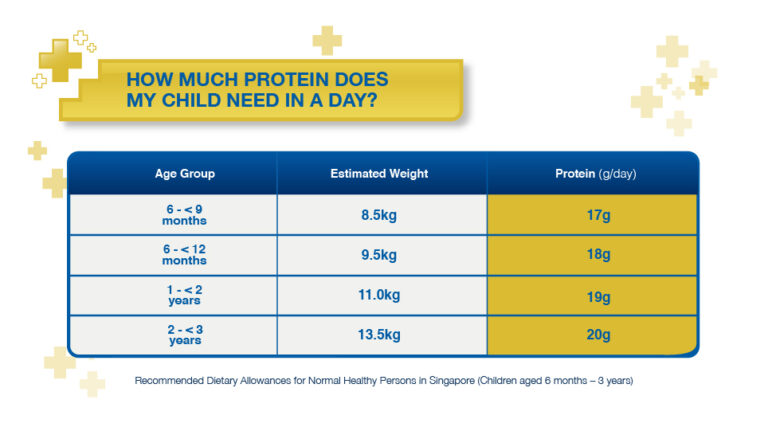How Long Can Implantation Take: A Comprehensive Guide to Understanding the Process
Implantation is a crucial stage in the journey of conception, marking the moment when the fertilized egg attaches to the lining of the uterus. This process, while essential for a successful pregnancy, can vary in its duration, leading to uncertainty and questions among expectant individuals. This guide delves into the intricacies of implantation, exploring the factors that influence its timeline, the signs and symptoms to watch for, and practical advice for managing this delicate period.
As the fertilized egg embarks on its journey through the fallopian tube, it undergoes several transformations, preparing itself for implantation. Upon reaching the uterus, it encounters a receptive uterine lining, the endometrium, which has been primed by hormones to facilitate its attachment. The process of implantation involves the egg burrowing into the endometrium, forming a secure connection that allows for nutrient exchange and the development of the embryo.
How Long Can Implantation Take

Implantation is the process by which a fertilized egg attaches to the lining of the uterus. It usually takes place around 6-12 days after ovulation, but it can take longer in some cases.
Early Signs of Implantation
Some women experience early signs of implantation, such as:
- Light spotting or bleeding
- Cramping
- Tender breasts
- Nausea
- Fatigue
When to Take a Pregnancy Test
It’s important to wait until after implantation to take a pregnancy test. If you take a test too early, it may not be able to detect the pregnancy hormone, human chorionic gonadotropin (hCG).
Most pregnancy tests are sensitive enough to detect hCG levels of 25 mIU/mL or higher. HCG levels typically double every 2-3 days after implantation.
If Implantation Takes Longer
In some cases, implantation can take longer than 12 days. This is more likely to happen if:
- You have a history of irregular periods
- You are overweight or obese
- You are taking certain medications
- You have a medical condition that affects your fertility
If you are concerned that implantation is taking longer than usual, talk to your doctor.
FAQ Section
How long does implantation typically take?
Implantation typically occurs within 6 to 12 days after ovulation, but it can take up to 14 days in some cases.
What are the signs and symptoms of implantation?
Implantation can cause mild cramping, spotting, and breast tenderness. However, these symptoms are not always present and can vary from person to person.
How can I support implantation?
Maintaining a healthy lifestyle, managing stress, and getting enough rest can support implantation. Additionally, avoiding smoking and excessive alcohol consumption is recommended.
When should I seek medical advice?
If you experience severe pain, heavy bleeding, or other concerning symptoms during the implantation period, it’s important to seek medical attention promptly.





